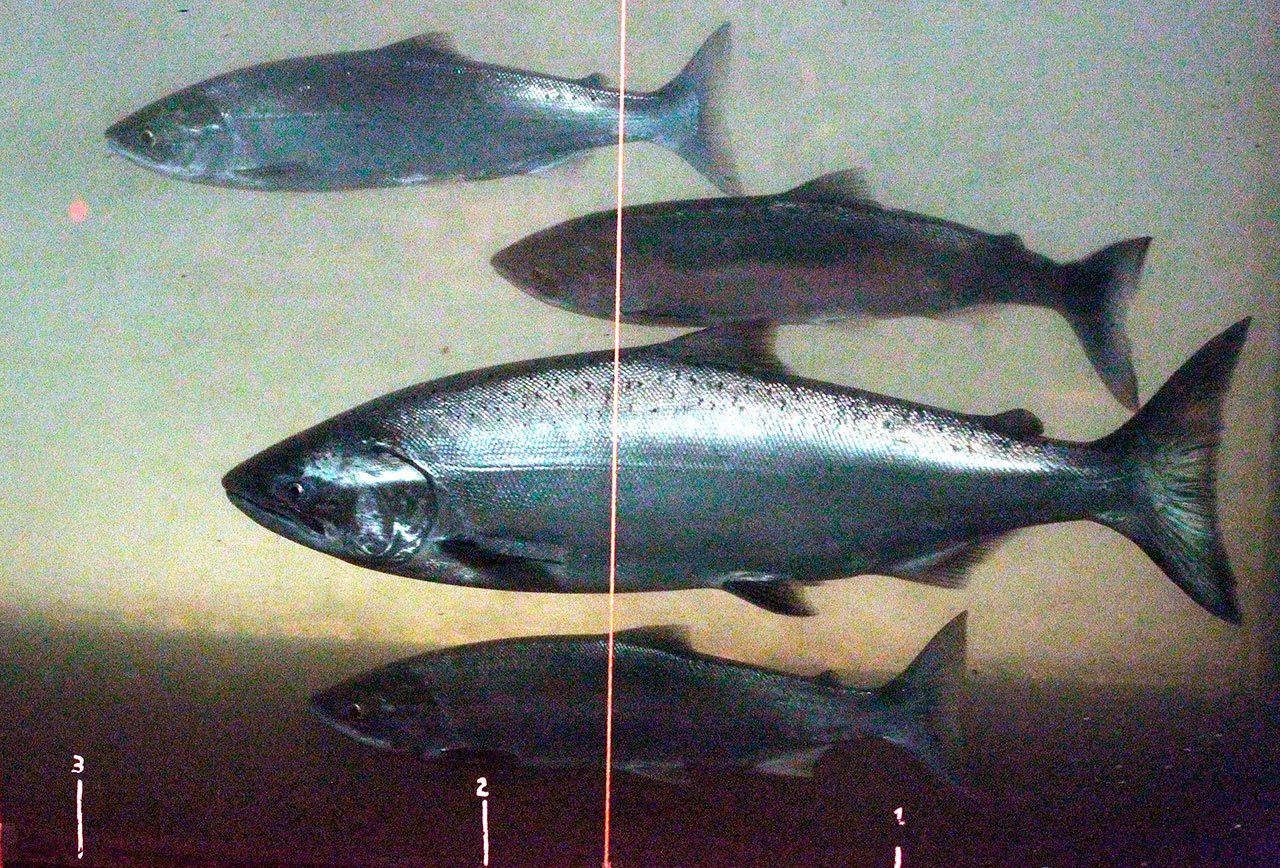SEATTLE — State regulators have adopted new clean-water rules tied partly to how much fish people eat after years of heated debate over how clean the state’s water should be.
Now it’s up to the U.S. Environmental Protection Agency— which stepped in last fall to write its own rules for Washington — to decide whether the state’s plan is good enough.
“We believe our new rule is strong, yet reasonable. It sets standards that are protective and achievable,” Ecology Director Maia Bellon said in a statement issued Monday.
She noted that the EPA has indicated it prefers states to write their own rules and she believes Washington’s can be approved by the federal agency.
A message to an EPA spokesman in Seattle was not immediately returned.
Federal law requires rivers and other water bodies to be clean enough so people can safely swim and eat fish from those waters. The rules set limits on pollutants that factories, wastewater treatment plants and other industrial facilities can discharge into state waters.
The state’s rules dramatically raise the current fish-consumption rate to 175 grams a day, which would protect people who eat about a serving of fish a day.
Tribes and environmental groups have pushed for more stringent rules to reduce water pollution and protect the people who eat the most fish.
Cities and businesses have said the technology isn’t available to meet stricter rules and it could cost billions of dollars with little or no benefit to the environment.
The Ecology Department has made several attempts at drafting new rules since 2011, and has missed its own deadlines.
Since taking office in 2013, Gov. Jay Inslee has tried to balance the interests of tribes and environmental groups with those of businesses, cities and others as he took on the issue.
A group representing Native American tribes on Monday called the state’s rules deficient and said it preferred the rules that EPA proposed to those adopted by the state.
Meanwhile, businesses worry that the EPA may want rules more stringent what businesses can comply with.
“The tribes expect EPA to hold Washington’s proposed standards accountable to the bar they have already established,” said Lorraine Loomis, chairwoman of the Northwest Indian Fisheries Commission, which represents 20 tribes in Western Washington.
“We think EPA’s rule is more protective and should be adopted by the state.”
Brandon Houskeeper with the Association of Washington Business said there could be many “additional twists and turns left in the process.”
“The rule going forward to EPA doesn’t come with a guarantee that they’ll accept it,” he said. “They may want something more stringent than we think we can comply with.”
In October, Inslee directed state officials to take another stab at the process after he scrapped clean-water rules just days before the measures would have been adopted.
He directed the agency to leave alone the cancer-risk rate, one of many factors in a complicated formula to determine how clean state waters should be. Businesses wanted a less stringent rate.

